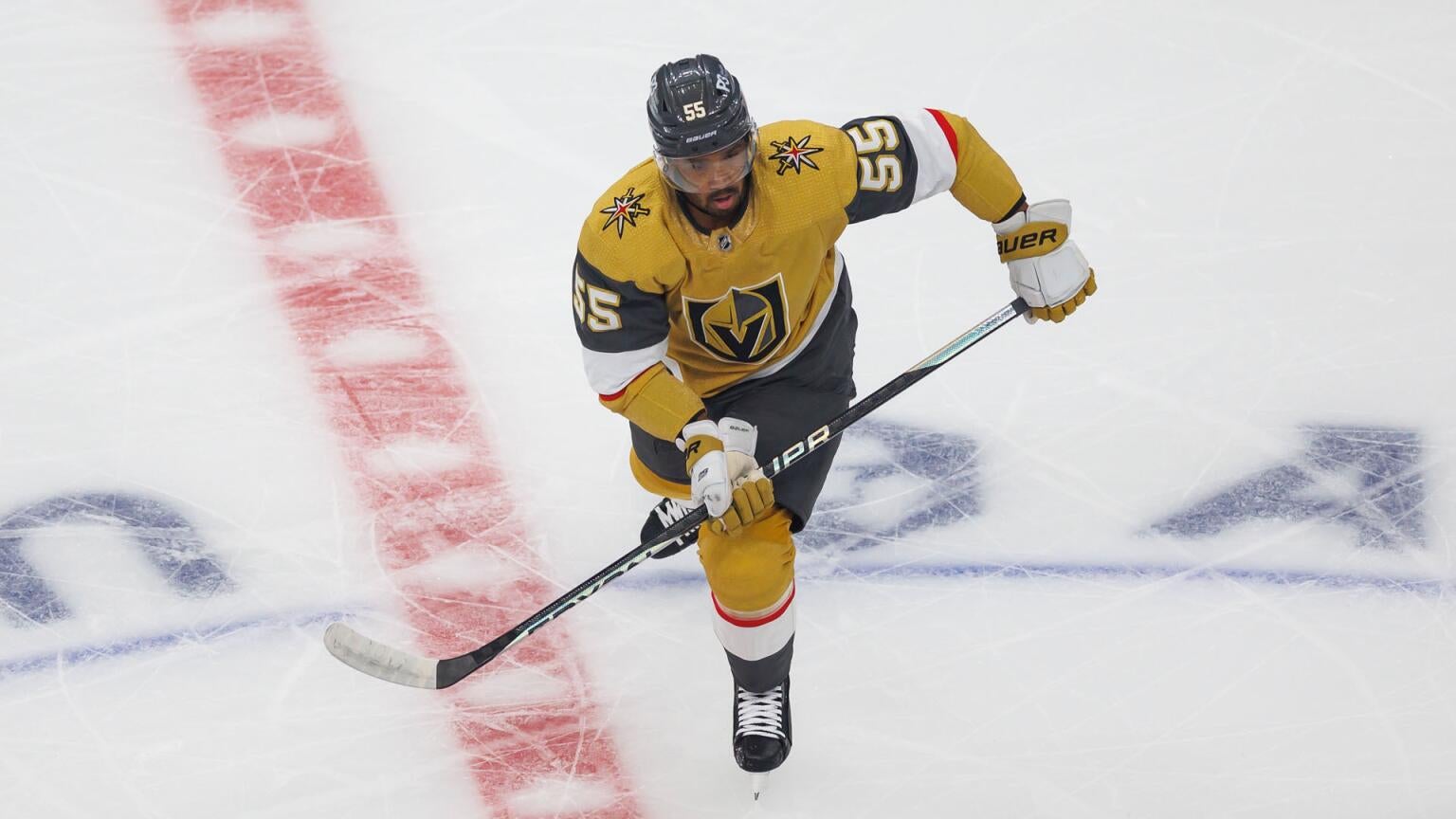DIRECTV Exec Says Slow Down to Sports Teams Moving to Broadcast Channels, But Is He Right?
DIRECTV’s Chief Content Officer cautions teams considering moving away from cable that a move to broadcast is not a cure-all.

DIRECTV is no friend of regional sports networks (RSNs), at least those currently in arrears with the satellite provider. Bally Sports-branded channels, for example, are carried by DIRECTV and its satellite-free companion service DIRECTV STREAM, but the provider recently filed a petition in bankruptcy court asking the judge to rule that Diamond Sports Group — which owns the Bally Sports channels — needs to present its debt reduction plan sooner rather than later.
- DIRECTV Chief Content Officer Rob Thun argues teams should be wary of departing cable channels for broadcast TV.
- The Arizona Coyotes, Phoenix Mercury, Phoenix Suns, Vegas Golden Knights and Utah Jazz all left an RSN for broadcast TV this season.
- Thun says that soon providers will start to feel the squeeze from these channels, just as they are from cable channel owners.
Is Move to Broadcast a Mistake for Sports Teams?

But just because DIRECTV is having its share of problems with RSN providers nowadays doesn’t mean it’s ready to get fully behind the trend of teams moving from cable channels to over-the-air broadcast networks. The Arizona Coyotes are the latest team to announce such a switch, but the Phoenix Mercury, Phoenix Suns, Vegas Golden Knights and Utah Jazz have all similarly opted to show their games on broadcast instead of cable this year following a departure from an RSN.
DIRECTV’s Chief Content Officer Rob Thun spoke with Andrew Marchand and Jon Ourand on the weekly “Marchand and Ourand Sports Media Podcast” on Oct. 18, and the movement of teams to broadcast channels came up. Thun said he thought the league-driven model of offering all games via the same providers helped fans the most, as it gave them less anxiety about the availability of the given sport.
Thun also pointed out that digital multicast stations — such as channel 15.2, the network that will show the Coyotes this season — often aren’t carried by providers like DIRECTV, who don’t have the infrastructure necessary to keep up with the rapid proliferation of these channels.
“Our mousetrap of satellite was not built to accommodate all the subchannels across the country,” Thun said. “We have a tough time delivering all the primary signals across the country, let alone subchannels. We’d have to launch several new satellites in order to pull that off, and we’re just not going to go there.”
Some teams, like the Utah Jazz, have been sent to channels that cover 100% of the broadcast area in their given state. But Thun points out that not all teams have made similar agreements, and that some will have to create a patchwork of broadcast contracts in order to reach more customers than the team did when its games were on cable.
Finally, Thun argues that local broadcasters are just as apt to start driving up retransmission consent fees as any cable provider, which could lead to more disputes like the company went through with Nexstar earlier this year. That schism caused channels in hundreds of markets to go off the air for months for DIRECTV customers.
“We’re going to see a replay of this down the road because the broadcast stations are also too expensive and they’ve been asking for crazy increases over the years and we’re hitting a point where [we’re asking] ‘do the broadcast channels make sense,’” Thun warned. “We’re going to see more broadcast fights if the broadcasters are going to try to assume these rights and then impose it upon us.”
Rabbit Ears to the Rescue

Thun’s points about the difficulties possibly created by shifting sports broadcasts from cable channels to broadcast are essentially correct. But they’re also a simple restatement of the problems cable and satellite are currently facing, and they’re somewhat self-serving in that Thun is a direct beneficiary of the old cable model he continues to advocate for.
For example, it’s not as if the issue of retransmission and carriage fee disputes will go away if teams simply stick to cable. Such disruptions are becoming more frequent because people are leaving cable at a faster and faster rate, leaving channel owners with less revenue from advertisers because they have fewer viewers. Those channel owners ask for more money from providers to make up the revenue gaps, and disputes arise. Major league sports sticking by cable channels will slow this process somewhat, but the fact that broadcast and cable slipped below 50% of total TV viewing for the first time ever this year shows that cord cutting will accelerate whether leagues abandon pay TV or not.
The other big problem with Thun’s argument is that, if transmission fee disputes do cause channels to go dark on some providers, fans can pay a one-time outlay to get a digital TV antenna and solve the problem once and for all. The antenna will assure access to sports teams if they’re on local broadcast channels, and doesn’t require any kind of monthly subscription to use.
Thun’s arguments are all factually correct, but they ignore some truths about the current state of the TV industry that are becoming more apparent every day. Fans of the Coyotes, Suns, Mercury, Knights, and Jazz likely aren’t complaining about the ease of finding their games now, especially with companion streaming services like KnightTime+ and Suns Live available to help distribute games to in-market fans.
Suns Live
Suns Live is a direct-to-consumer streaming service offering live Phoenix Suns NBA games
to Arizona residents. Suns Live will simulcast 70 regular season Suns games and all five preseason games during the 2023-24 season along with original content. The service is only available on web browsers.

